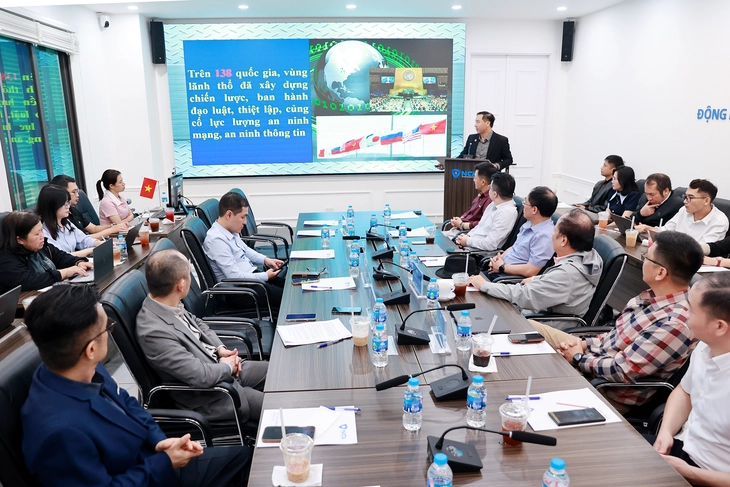
Overview of the discussion on Cyber Security Law 2025: Promoting technological autonomy organized by the National Cyber Security Association - Photo: CHI HIEU
This sharing was discussed by experts at the discussion on Cyber Security Law 2025: Promoting technological autonomy organized by the National Cyber Security Association on the afternoon of November 17 in Hanoi .
Dependence on foreign technology - a risk to national security
Speaking at the opening of the discussion, Lieutenant Colonel Nguyen Dinh Do Thi - Deputy Head of the Cyber Security Department, Department of Cyber Security and High-Tech Crime Prevention ( Ministry of Public Security ) - emphasized: Dependence on foreign technology is one of three direct threats to national security and social order and safety.
The draft law aims to develop technical standards and regulations for cybersecurity hardware and software according to international standards.
At the same time, establish a control mechanism to eliminate the risk of cyber security loss right from the product formation stage, before putting into use and during operation.
The draft also aims to promote technology transfer, research and mastery, develop products and services of cyber security industry technology; encourage the application of new and advanced technologies related to cyber security.
Mr. Vu Ngoc Son - Head of the Department of Research, Consulting, Technology Development and International Cooperation, National Cyber Security Association (NCA) - commented: When there are domestic standards for cyber security products, businesses will not have to spend hundreds of millions to billions of VND to meet foreign standards, which are sometimes not suitable for Vietnamese conditions.
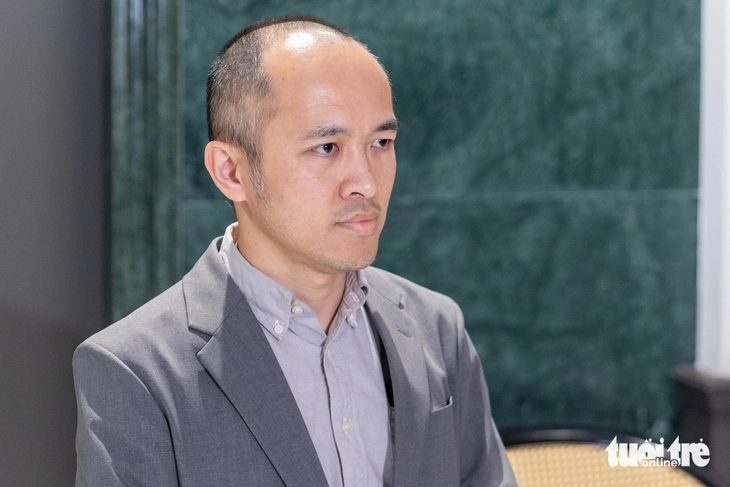
Mr. Vu Ngoc Son - Head of Research, Consulting, Technology Development and International Cooperation Department, National Cyber Security Association - Photo: CHI HIEU
The urgent thing now is to quickly build a capacity assessment framework for products, services and the implementation team. When there are clear standards, domestic users will have a basis for choice.
Previously, when the law did not require products brought to market to meet standards and regulations, businesses did not have to evaluate quality but were still allowed to sell.
Applying standards and regulations will create real value, because businesses must have their products inspected before supplying them to the market.
Overcoming the "worship" of foreign goods
At the seminar, Associate Professor Dr. Nguyen Ai Viet, Director of the Institute of Technology and New Intelligence Education , commented that many banks and corporations in Vietnam still prioritize using foreign cybersecurity solutions.
Explaining this choice, he said that products from reputable brands have been extensively tested, have stable technology and are often of higher quality.
However, foreign products also have many limitations that are difficult to overcome: long support time, complicated procedures, slow on-site consultation and difficulty responding to specific situations.
If a software or operating system has a vulnerability, it can take weeks or even months to notify, confirm, and dispatch a support specialist.
Associate Professor Dr. Nguyen Ai Viet also proposed building a network security architecture framework to help customers overcome prejudice and preference for foreign goods.
“In the past, there were many good products in Vietnam, with international market demand, intellectual property, even technology patents, but it was still very difficult to bring them to companies in need due to the above mentality. That mentality needs to be changed with the help of regulations in the Cyber Security Law,” Mr. Viet shared.
Source: https://tuoitre.vn/se-het-thoi-doanh-nghiep-viet-bo-tien-ti-de-co-tieu-chuan-an-ninh-mang-nuoc-ngoai-20251117204422081.htm




![[Photo] The Standing Committee of the Organizing Subcommittee serving the 14th National Party Congress meets on information and propaganda work for the Congress.](https://vphoto.vietnam.vn/thumb/1200x675/vietnam/resource/IMAGE/2025/11/19/1763531906775_tieu-ban-phuc-vu-dh-19-11-9302-614-jpg.webp)

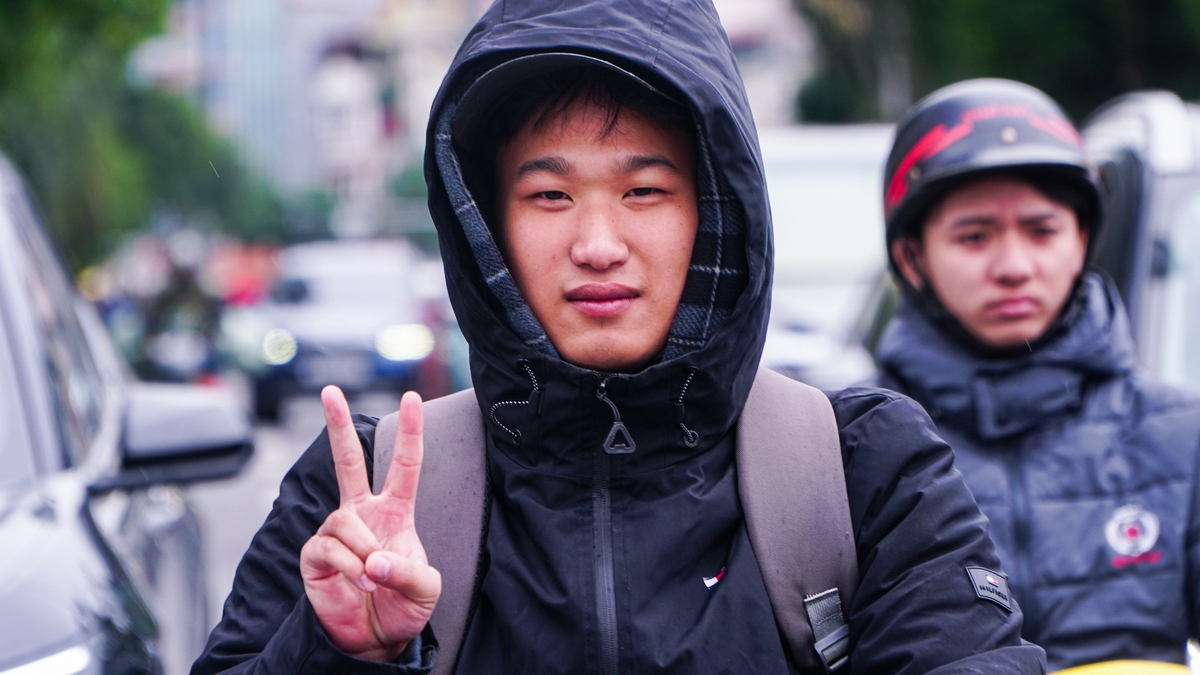

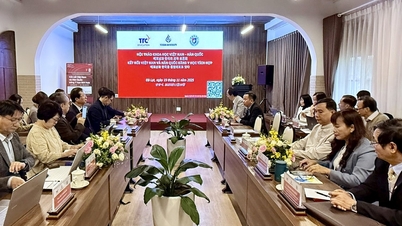

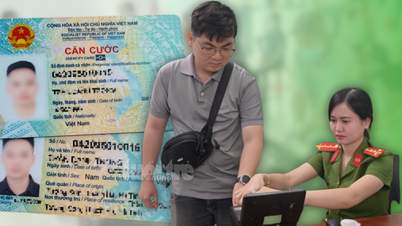


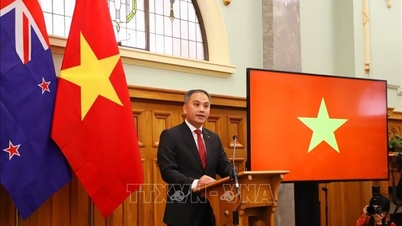



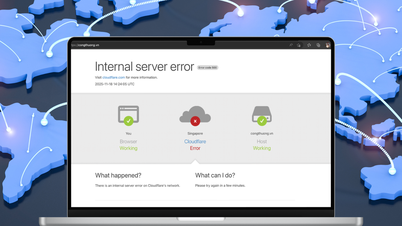


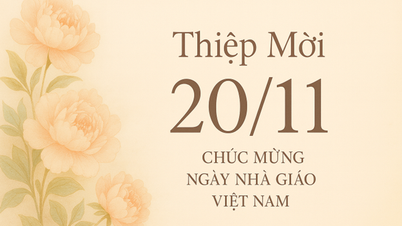

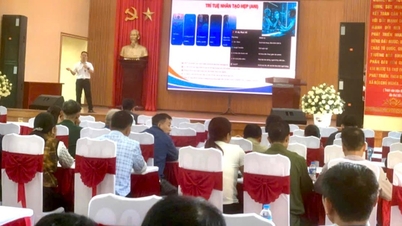


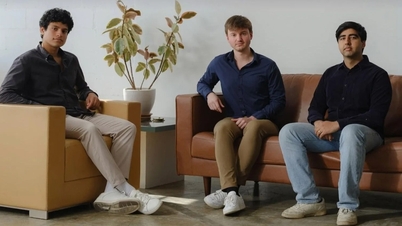





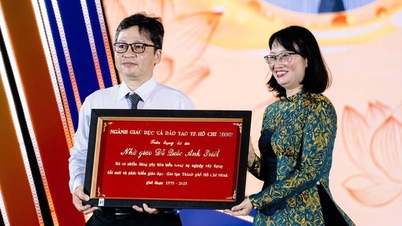



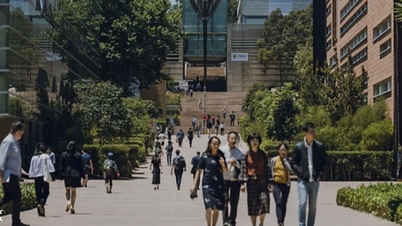

![[Photo] General Secretary To Lam receives Slovakian Deputy Prime Minister and Minister of Defense Robert Kalinak](https://vphoto.vietnam.vn/thumb/1200x675/vietnam/resource/IMAGE/2025/11/18/1763467091441_a1-bnd-8261-6981-jpg.webp)
![[Photo] Prime Minister Pham Minh Chinh and his wife meet the Vietnamese community in Algeria](https://vphoto.vietnam.vn/thumb/1200x675/vietnam/resource/IMAGE/2025/11/19/1763510299099_1763510015166-jpg.webp)










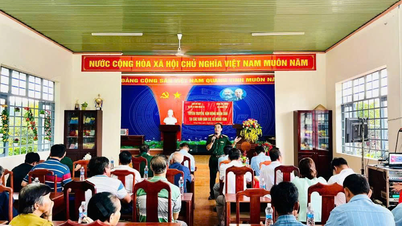




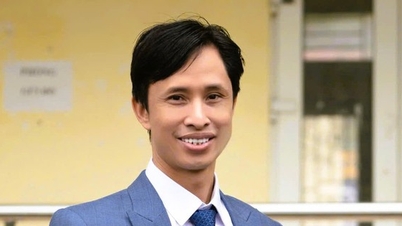























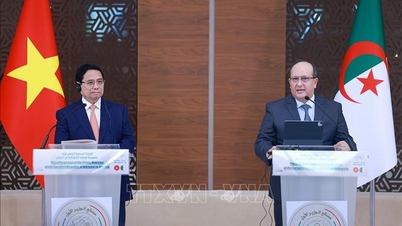





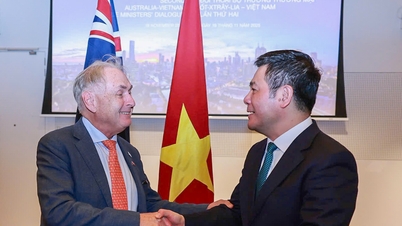



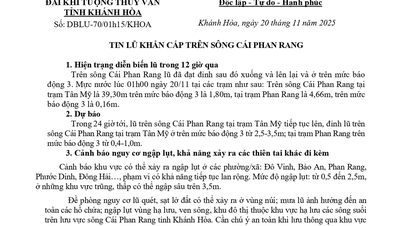

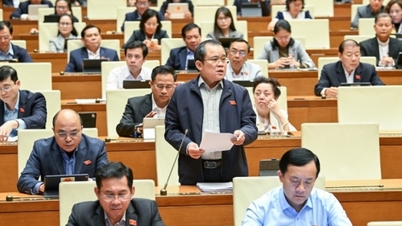

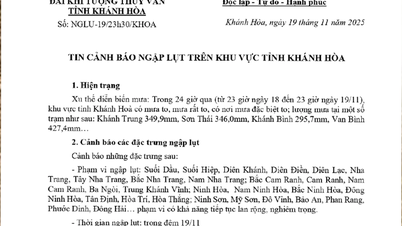
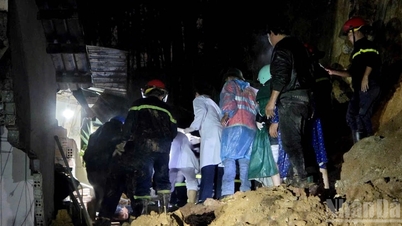

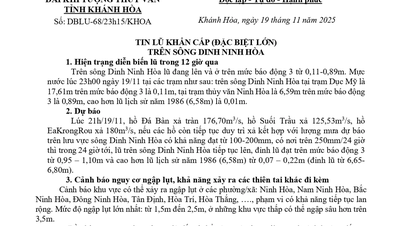











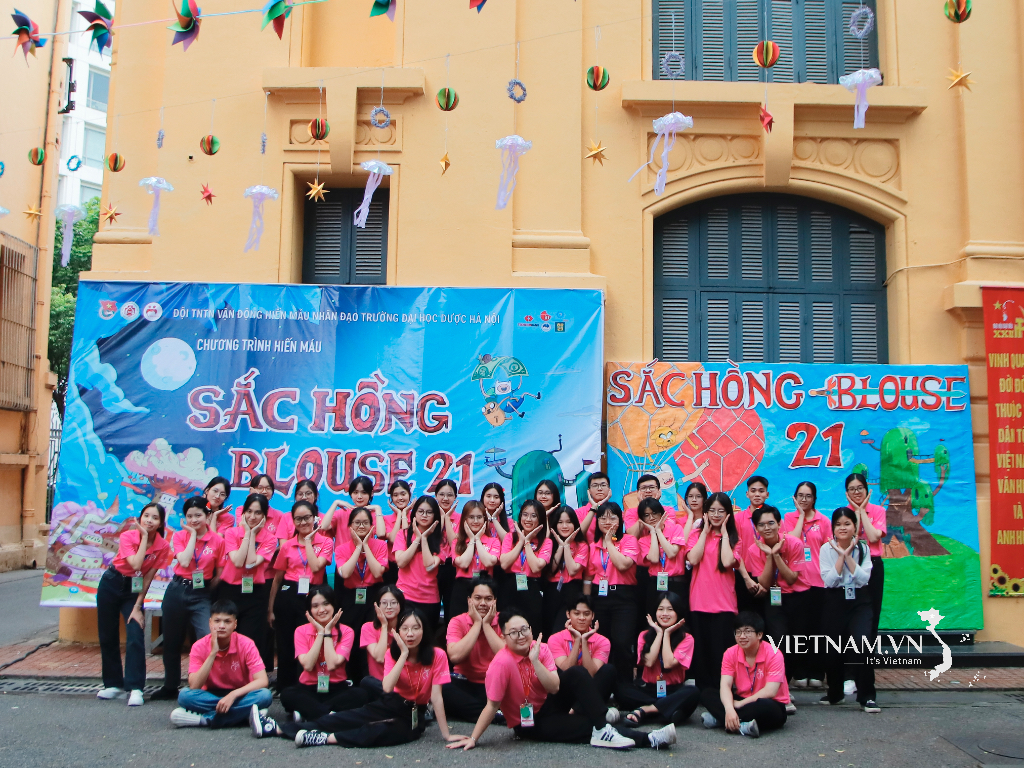



Comment (0)